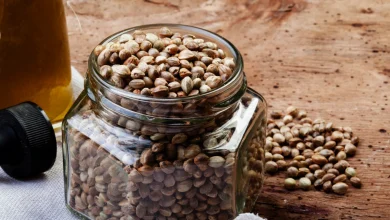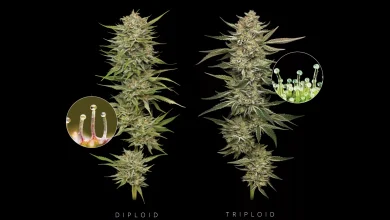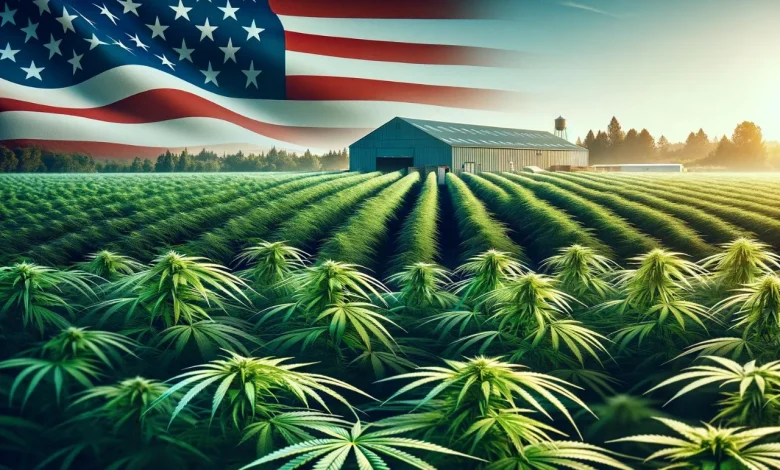
In the evolving landscape of cannabis regulation, the 2018 Farm Bill marked a significant milestone by legalizing hemp, a specific variant of Cannabis sativa L., provided it contains less than 0.3% delta-9 tetrahydrocannabinol (D-9 THC) on a dry weight basis. This legislation distinguished hemp from marijuana, classifying the latter as a Schedule I controlled substance due to its higher THC content, which is responsible for marijuana’s psychoactive effects. However, this legal framework has given rise to a contentious debate over the legality and use of other cannabinoids derived from hemp, particularly those that are chemically altered to become intoxicating.
Understanding Cannabinoids and the 2018 Farm Bill
Cannabis sativa L. encompasses a wide variety of strains, each with its own unique profile of cannabinoids—chemical compounds that interact with the body’s endocannabinoid system. The most well-known cannabinoid is D-9 THC, known for its psychoactive effects. Another prominent cannabinoid is cannabidiol (CBD), which does not produce a “high” and has gained popularity for its potential therapeutic benefits. However, non-psychoactive cannabinoids like CBD can be chemically modified to produce psychoactive substances, such as delta-8 tetrahydrocannabinol (D-8 THC), which has sparked significant legal and regulatory scrutiny.
The 2018 Farm Bill was a pivotal piece of legislation that aimed to promote hemp as an agricultural commodity, primarily for its industrial uses. According to the bill, “hemp” includes any part of the Cannabis sativa L. plant, including seeds and derivatives, as long as the THC concentration does not exceed 0.3% on a dry weight basis. This distinction was intended to separate non-intoxicating hemp from marijuana, which is defined by its higher THC content and associated psychoactive properties.
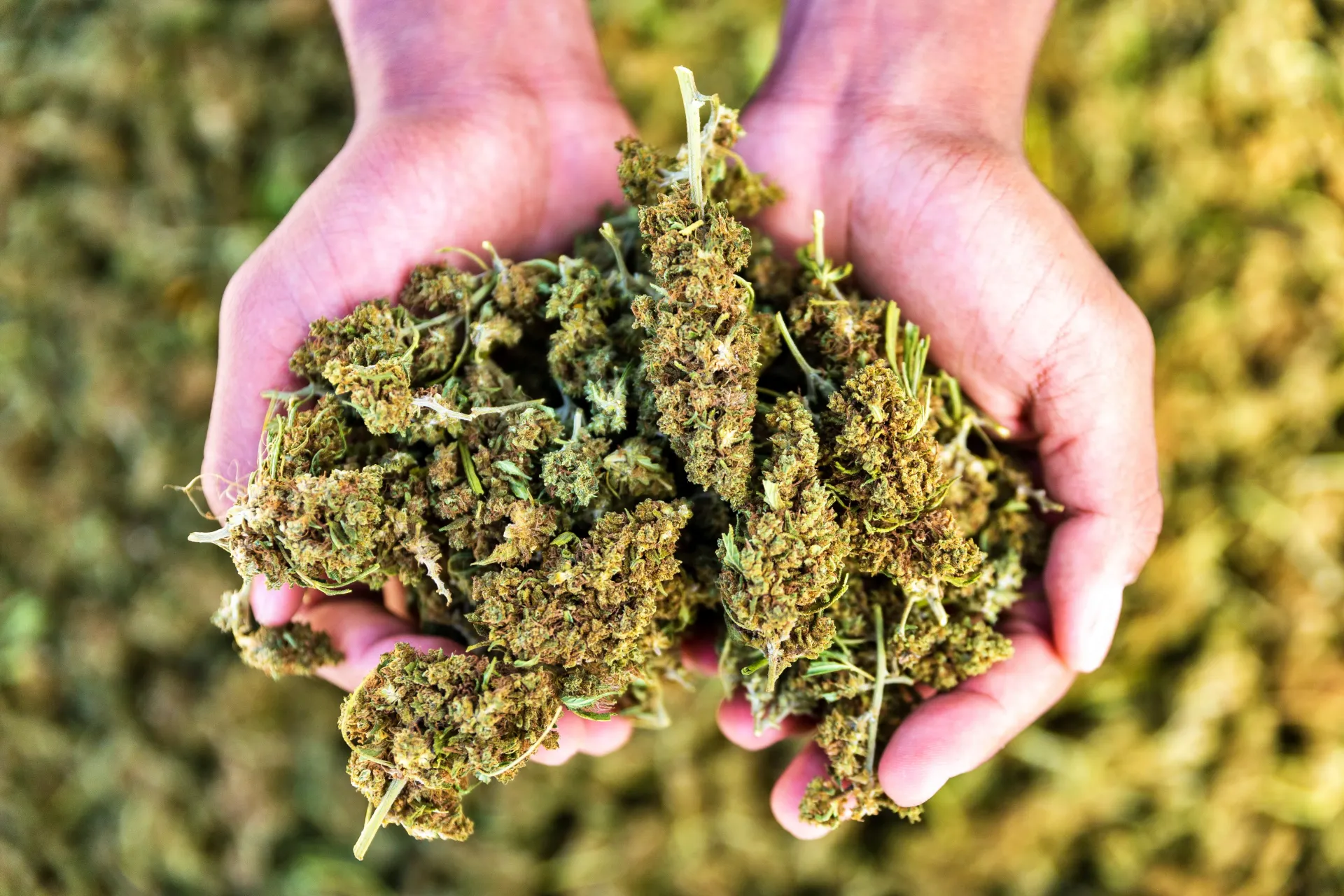
The Rise of Intoxicating Hemp-Derived Products
Since the passage of the 2018 Farm Bill, the market for products containing intoxicating cannabinoids derived from hemp has grown rapidly. Manufacturers of these products argue that as long as the D-9 THC content remains below the 0.3% threshold, their products are legal under federal law. They contend that the bill’s focus was on D-9 THC specifically, not on other cannabinoids that might be intoxicating, such as D-8 THC, which can be created by chemically altering CBD.
However, the legislative history of the 2018 Farm Bill suggests that Congress intended to legalize hemp for its non-psychoactive properties, not to create a loophole for the production of intoxicating substances. Key lawmakers, including Republican Senator Mitch McConnell of Kentucky, emphasized that hemp was legalized because it contains negligible levels of THC, making it distinct from marijuana. Statements from other legislators, such as Senators Mark Warner and Tim Kaine of Virginia, also reinforced the idea that hemp was considered non-narcotic due to its low THC content.
Despite these legislative intentions, the proliferation of products like D-8 THC has led to concerns among some lawmakers who believe that the spirit of the 2018 Farm Bill is being misinterpreted. These concerns have prompted calls for stricter regulations to close the perceived loophole and ensure that hemp remains a non-intoxicating agricultural product.
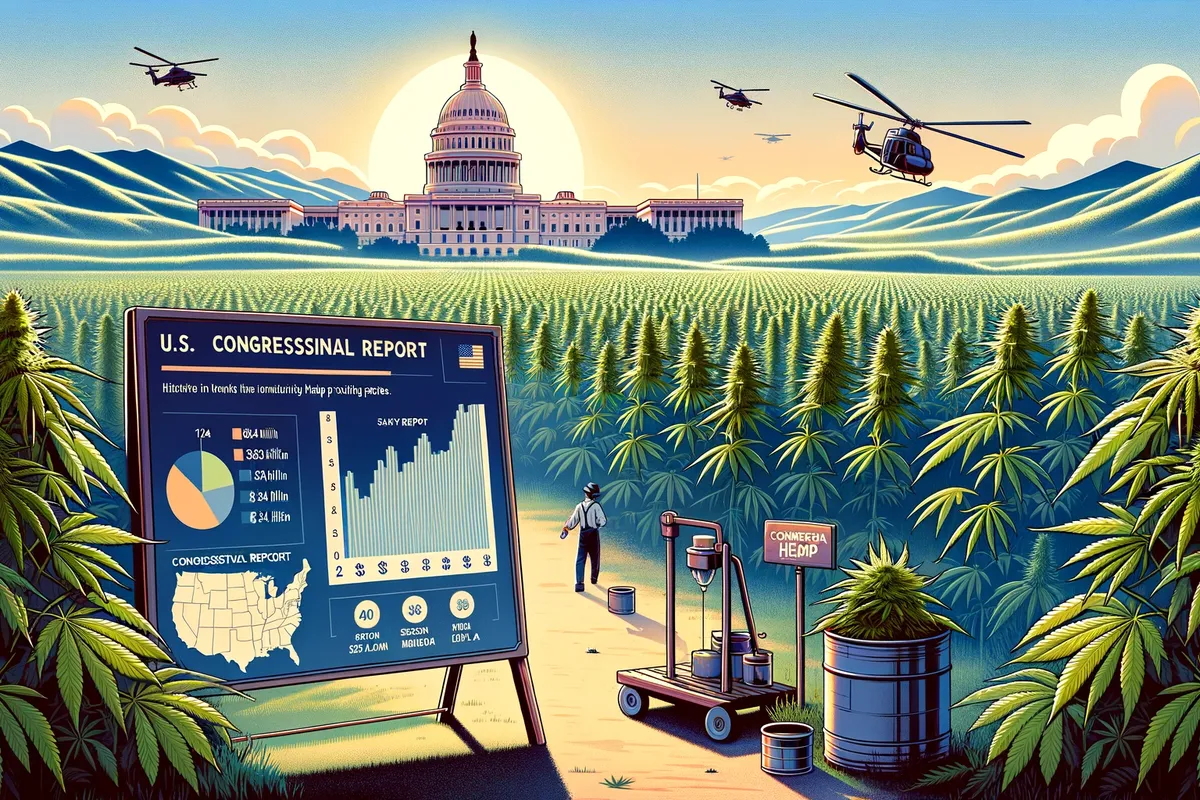
Proposed Legislative Changes and Industry Response
In response to the growing market for intoxicating hemp-derived products, some members of Congress have proposed amendments to the current legal framework. On May 24, 2024, the House Agriculture Committee passed a new Farm Bill that includes a significant amendment proposed by Republican Representative Mary Miller of Illinois. This amendment seeks to redefine hemp by introducing a “total THC” threshold that accounts for all tetrahydrocannabinols naturally occurring in hemp, not just D-9 THC. It also aims to exclude “hemp-derived cannabinoid products” from the definition of legal hemp. These products are defined as those containing cannabinoids intended for human or animal consumption, including those that are chemically synthesized or have intoxicating effects.
This proposed change directly challenges the current interpretation of the 2018 Farm Bill, which has allowed for the production and sale of products like D-8 THC. On June 11, 2024, the House Agriculture, Rural Development, Food and Drug Administration subcommittee passed an appropriations bill with similar language, signaling growing support for tighter regulation of intoxicating hemp derivatives.
While the definition of hemp under the 2018 Farm Bill remains unchanged for now, the debate continues to evolve. Manufacturers of intoxicating hemp-derived products are opposed to the proposed changes, arguing that they are within their legal rights to produce and sell these substances. However, many operators in states where marijuana is legalized for recreational or medical use support the idea of restricting or regulating these products to maintain the distinction between hemp and marijuana.
The Future of Hemp and Cannabis Regulation
As the cannabis industry continues to grow, the legal and regulatory landscape surrounding hemp and its derivatives is likely to undergo further scrutiny and change. The proposed amendments to the Farm Bill represent a significant shift in how hemp might be regulated in the future, particularly concerning its potential to produce intoxicating substances. As Congress debates these issues, the outcome will have far-reaching implications for both consumers and the industry, potentially reshaping the boundaries between legal hemp and controlled substances.
